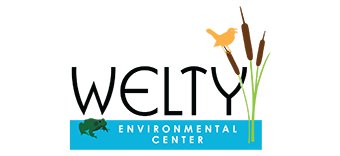The Global Safety Net-what should we protect?
Yesterday I posted a link on facebook to the NYT article, “Restoring Farmland Could Drastically Slow Extinctions, Fight Climate Change.” It includes a site I want to share today to called The Global Safety Net.
This is a cool interactive map that shows what parts of the world are the most valuable to conserve based on 11 conservation priorities. Some of these priorities include: rare species sites, high biodiversity areas, intact wilderness areas, inland surface water. Mapping these priorities shows where conservation efforts will provide the biggest payoff in terms of reversing biodiversity loss, preventing CO2 emissions, and enhancing natural carbon renewal.

(Global Safety Net mapping of the state of Wisconsin)
See what part of the world contributes most to the GSN…
…and how conservation efforts are going.
Take it for a spin…see how your favorite vacation area rates or where you grew up. Investigate the rankings to see what part of the world contributes most to the GSN and how conservation efforts are going. This tool was created by various partners, including University of Minnesota, Arizona State University, and Google Earth Engine.
Brenda Plakans
Executive Director, WEC
info@weltycenter.org
608-361-1377






